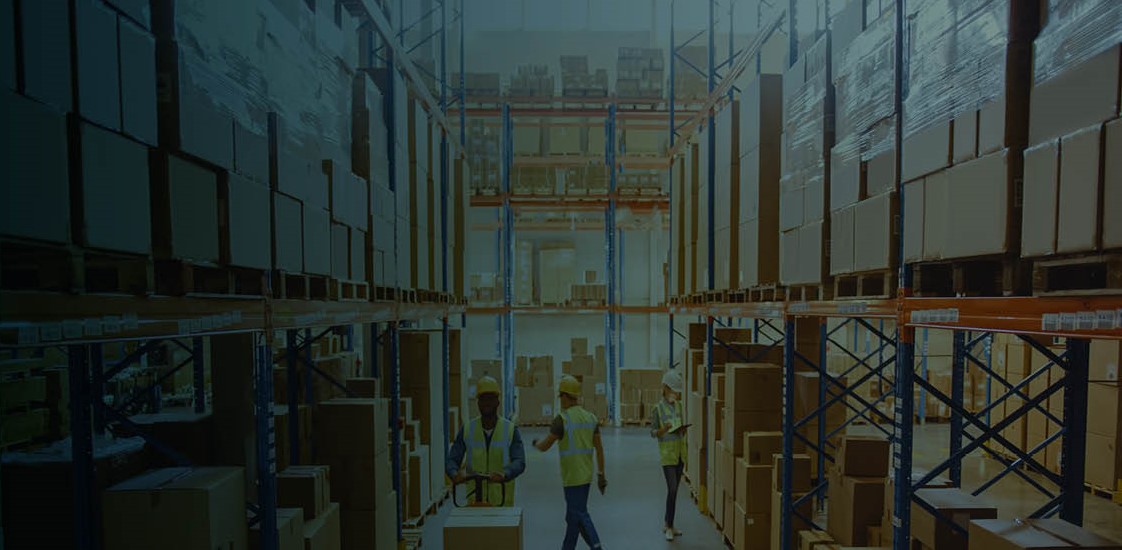I recently returned from the USA, spending a week travelling across five states from the West Coast to the East Coast and seeing over 25 companies. The purpose of these trips is to gain insights relevant to portfolio holdings, validate (or invalidate) investment theses, and to generate new investment ideas. Despite being a short but hectic trip, the insights gleaned from this trip made it incredibly worthwhile.
Previously I have written about the health risk of Per- and Polyfluoroalkyl Substances (PFAS). This trip I had the chance to delve deeper into the PFAS issues facing the USA and explore the opportunities for companies with a solution. A key conclusion is that for those with the right technology and strategy, the opportunities are immense. To us, portfolio company SciDev (SDV.ASX) is perfectly placed to make a material impact in this market which, if executed correctly, could lead to it being a multiple of its current market capitalization. This opportunity is why we believe SciDev is one of the most exciting names in our portfolio.
PFAS recap
As a reminder, PFAS are the group of over 4,000 man-made chemicals most commonly found in clothing, cookware and fire-fighting foam. PFAS have been described as “forever chemicals” because they do not degrade naturally in the environment. The issue is that the production and use of PFAS has led to widespread environmental contamination and raised significant concerns about their potential risks to human health (including liver and immune system damage and some cancers).
As a result, in the USA, the Environmental Protection Agency (USA) has proposed strict limits on two types of common PFAS, namely Perfluorooctanoic and Perfluorooctane sulfonate. Similar regulations are being considered or implemented worldwide, including in Australia.
In addition to regulatory standards, PFAS manufacturers have recently agreed to large settlements as an implicit admission to the harm caused by PFAS contamination. These include settlement of US$10.3bn from 3M and US$1.18bn from DuPont de Nemours Inc. Speaking to one PFAS industry expert, it is clear that the total compensation from PFAS manufacturers could rival settlements paid by tobacco companies.
The opportunities
As part of this trip, I was fortunate to spend time with the CFO of Montrose, a leading US environmental engineering group at the forefront of solving PFAS problems. Discussions with Montrose confirmed our view that the PFAS opportunity is immense, with Montrose believing it is a US$200bn-$250bn total addressable market (TAM) over the next 10 years in the US alone. The TAM can be broken into 3 segments, namely (i) consulting, (ii) testing, and (iii) remediation. Montrose currently generates around $100m of revenue from PFAS, of which 5% is from consulting, 15% is from testing, and 80% is from remediation. Unsurprisingly, Montrose believes the largest TAM and greatest growth opportunity is in the remediation segment.
Why is this important? Currently, large cap Australian investors looking to gain exposure to the PFAS opportunity have been focused on ALS Holdings (ALQ.ASX). In our humble view, seeking exposure to PFAS through ALQ is a large stretch, with only c2% of ALQ’s current revenue derived from PFAS. In addition, while ALQ is a very good business, its exposure to PFAS is through testing, which is a much smaller component of the value chain and one where growth will be much lower compared to remediation.
The advantages of Small Cap investing and a company called SciDev
Whereas large cap investing is generally confined to the 200 largest stocks in the ASX, small caps give investors exposure to hundreds if not thousands of different companies (and thus opportunities). In addition, many smaller companies specialise in a certain niche, providing investors an opportunity to invest in companies that are more leveraged to a certain theme, rather than being diluted through diversification of earnings. The ALS Holdings example highlights the diluted exposure for large cap investors wanting to gain exposure to the PFAS opportunities.
This brings us to SciDev, an environmental solutions business that is focused on water-intensive industries. SciDev provides water treatment solutions for the mining and mineral processing industries, as well as friction reduction capabilities for the oil and gas industry. The end result of SciDev’s products is to reduce the usage of fresh water, improve the operational performance of mines and oil wells, remediate historical contamination, and generally to reduce the environmental footprint of these heavy industries.
In addition to its core business, through its 2021 acquisition of Haldon Industries, SciDev gained the knowledge and expertise to treat PFAS in contaminated water. The importance and potential of this business unit for SciDev’s future is evidenced by the fact that Sean Halpin, the co-founder of Haldon, is now the group CEO. Having met Sean multiple times, we are highly impressed with his expert technical knowledge in the industry, his passion and drive for the business, and his vision for SciDev in the long term.
Essentially, Haldon/SciDev has developed an ion-exchange process to remove PFAS from contaminated water. This process involves the use of an activated resin that fixes itself to the PFAS, thus allowing for the removal of the contaminant. In addition, the ion-exchange resin is regenerable, reducing resin requirements and costs. An added benefit of ion exchange is that it is multiple times more effective at removing PFAS than the current industry standard of granular activated carbon.
To date in Australia, through this ion-exchange method, SciDev has treated more than 7 billion litres of water contaminated by PFAS to 0.23 parts per trillion (ppt) – the non-detectable level – making it a world leader in terms of volume of water treated. To our knowledge, only Montrose has treated more PFAS contaminated water than SciDev using the regenerable ion-exchange process, which is the most effective form of treatment.
As a result of SciDev’s leading technology, the Water Technology division now represents 25% of group revenue, with PFAS treatment making up 50% of the Water Technology division. It is our expectation that the Water Technologies business will be more than 50% of group revenues in four years, implying high double-digit annual growth. Despite having treated over 7 billion litres of water in Australia, the company has only just started the process of building out its US PFAS business, with the hire of a US-based executive to lead the strategy. Adjusting for a population 9x the size of Australia, it’s clear that the opportunities in the US is multiple times larger than in Australia since drinking water in the US is mainly generated from underground sources (and thus at higher risk of contamination), whereas in Australia the primary source of drinking water is rainwater.
While our initial investment in SciDev was at much lower prices, we believe the current share price only reflects fair value for the current core business. In our view, SciDev’s much smaller Water Technologies business has the potential to be multiple times larger than SciDev’s current business. We continue to be excited by the growth runway for SciDev and expect them to execute on the immense opportunities ahead.







